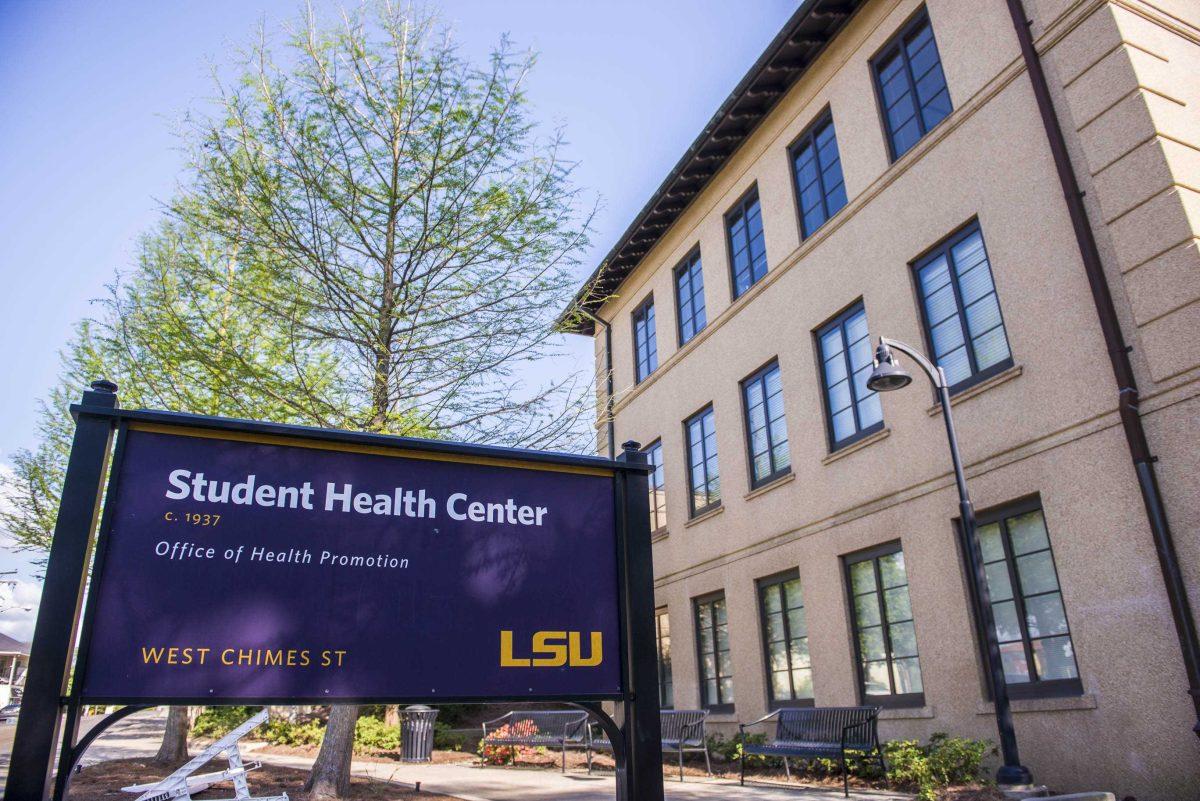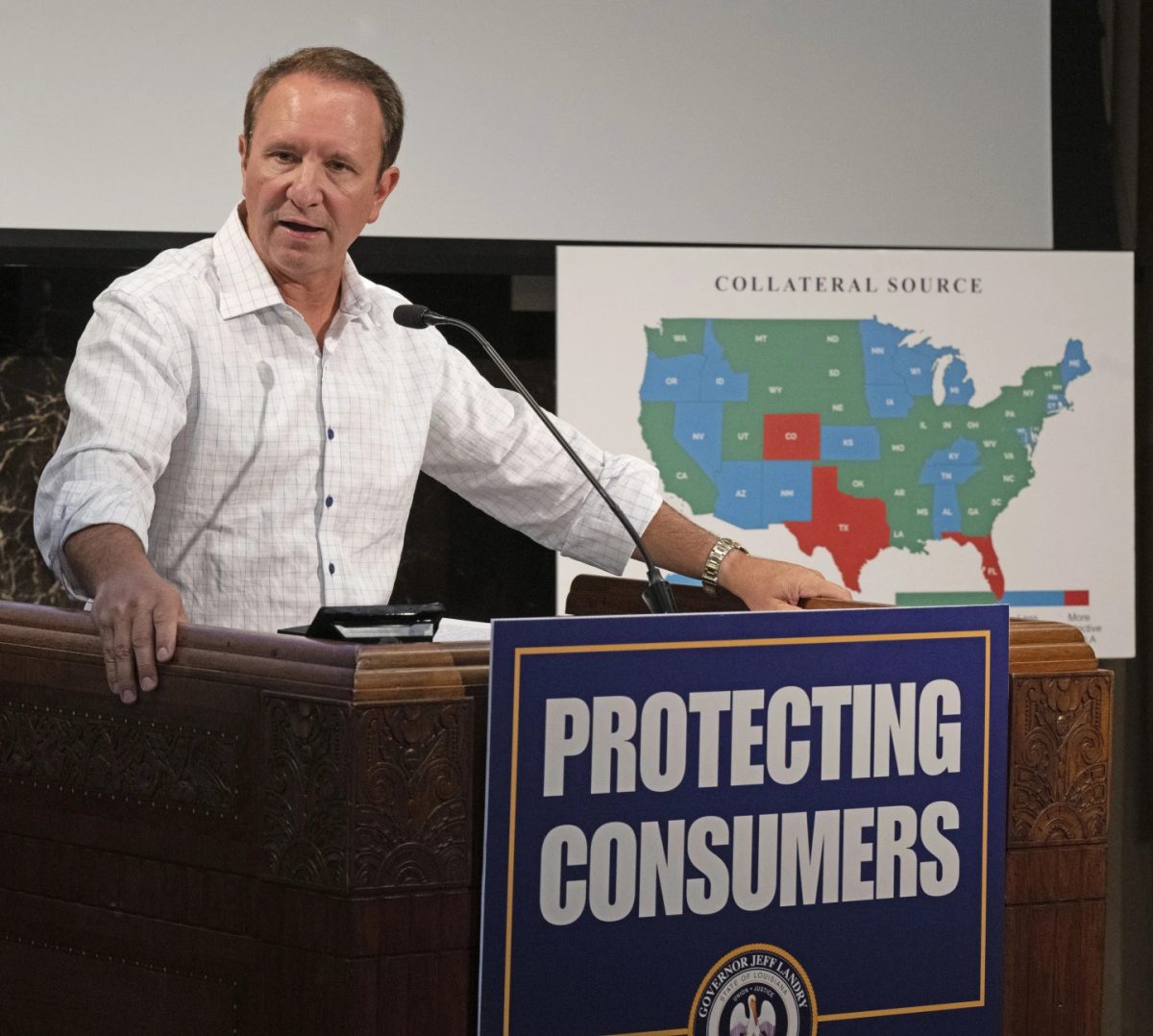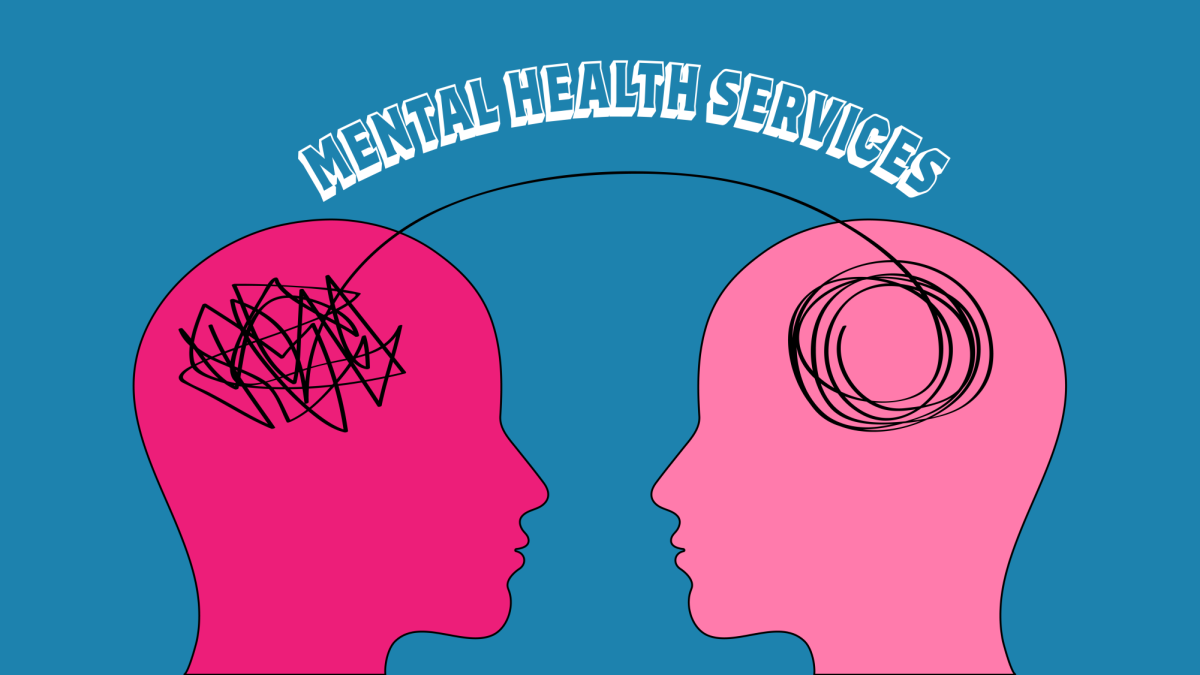In recent years, many states across the country have decreased their STD rates. As a country, we have continued to decrease the incidence rates of gonorrhea and syphilis. Although we have advanced dramatically to easily get rid of some of these diseases, we still see more than tens of thousands of cases every year for each syphilis, gonorrhea and chlamydia. While a lot of these numbers have continued to slowly decrease in many states, a lot of these cases come from one state that tops the charts — Louisiana.
In 2015, there were about 4.66 million people living in Louisiana. According to the Louisiana Office of Public Health STD/HIV Program, there were 32,305 new diagnoses of chlamydia in Louisiana in 2015 for a rate of 694.8 per 100,000 people. In 2014, Louisiana held the third-highest chlamydia rate in the U.s. In 2018, Louisiana had the second-highest rate, with 742 cases per 100,000 people. Out of those numbers, 71% of cases were people under the age of 24, which serves as a glimpse of how many college and/or high school students walking around with this disease.
Just in recent years, we have learned how fast the number of cases can grow. In 2018, Louisiana rated third on the list for gonorrhea, with about 257 cases per 100,000, which was an increase from 221 in 2014. Again, up to 65% of people diagnosed with gonorrhea are high school and college-aged. Last year, Louisiana was No. 1 on the list for syphilis at 93 cases per 10,000 people. Immediately following Louisiana was Nevada with 58 cases, which suggests Louisiana might be holding that No. 1 spot for quite a while.
However, gynecology clinics, such as Planned Parenthood and the clinic at the University’s Student Health Center, provide free classes that provide education for pelvic exams, Pap smears, sexually transmitted infections (STIs) and contraceptive measures. Individuals are tested confidentially, as well. While many people may feel the need to learn about these and educate themselves, hesitation occurs when no one wants to be seen as “dirty” or “grimey.” But everyone should be educated before contracting STIs instead of educating after they have an infection. Such a cycle can become never-ending if we don’t act soon.
So if you haven’t been tested, I highly recommend you go for safety precautions for you and your loved ones. Schedule an appointment at the Student Health Center. Stay safe Tigers!
Jordon Smith is a sports administration student at the University.
Letter to the Editor: People should get tested for STIs, educate themselves before contracting them
By Jordon Smith
April 26, 2019
The Student Health Center rests at its location on LSU’s campus on Monday, April 2, 2018.
More to Discover










